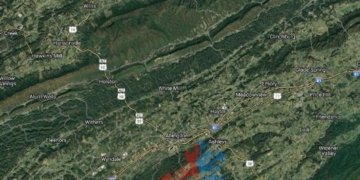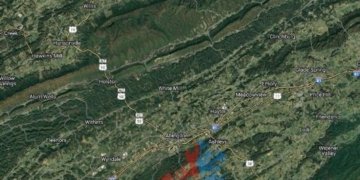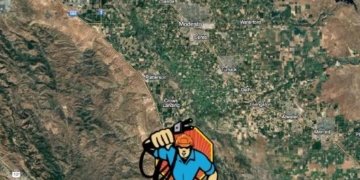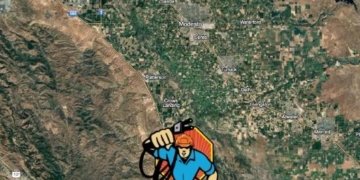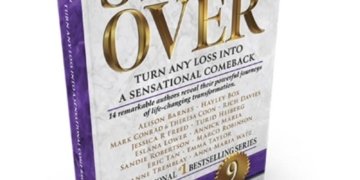Jaime Rogozinski takes his fight against Reddit to the highest court, arguing that platforms cannot be allowed to seize brands built by creators, setting up a landmark challenge to protect millions of digital entrepreneurs from ‘digital eminent domain.’
WASHINGTON, DC / ACCESS Newswire / November 24, 2025 / A legal battle that began with the founder of the globally influential WallStreetBets community has reached the steps of the U.S. Supreme Court, threatening to reshape who truly owns the brands and communities built on the world’s largest internet platforms.

Legal fight for creators to keep ownership rights of their content instead of the social media platforms where its hosted
The petition for a writ of certiorari in Rogozinski v. Reddit Inc. is not merely a trademark dispute; it is a critical test of whether Big Tech companies can legally ban a creator and then claim ownership of the highly valuable brand they built from scratch.
The Heart of the Battle: A Digital Eminent Domain
Jaime Rogozinski created WallStreetBets in 2012, cultivating it into a cultural phenomenon that re-defined the financial landscape for retail investors. After a lower court sided with the platform, granting it the right to seize the brand, the case now represents a stark warning to the content creators; one of the fastest growing sectors in the U.S. economy projected to be worth half a trillion dollars by end of next year.
“This is a blueprint for digital eminent domain. If this ruling stands, no creator on any platform-from YouTubers to open-source developers-is truly safe,” said Rogozinski. “Platforms enjoy sweeping immunity from liability under Section 230 by posturing as mere hosting platforms. Now want simultaneous ownership over the hosted content. They’re like Schrödinger’s cat by asking for rights without responsibility.”
The outcome of this petition will have profound implications beyond WallStreetBets, clarifying the blurry lines between online hosts (platforms) and a sources (creators and brands).
For Content Creators & Influencers: It will determine whether intellectual property they build can be unilaterally seized and by the platforms at will.
For Existing Communities: It challenges the platform’s right to gain total, unilateral control over brands and cultural movements that they did not build, potentially turning the open internet into a new version of digital feudalism.
Authenticity Crisis: By blurring the source of a brand with hosting providers, the ruling could erode consumer trust, making it impossible to know the source of online brands. “If brand can be quietly transferred without consumer awareness, the internet becomes a hall of mirrors,” warns one supporting organization.
The petition submitted to the Supreme Court is the first step toward the Justices deciding whether to hear the case. Mr. Rogozinski is calling on content creators, IP rights advocates, and organizations that champion the open web to recognize the significance of this moment.
This case is about protecting the future of digital entrepreneurship and ownership in the 21st century. The court’s decision could clarify whether online users are partners in innovation or tenants whose creations belong to the landlord.
SOURCE: WSB Global, LLC
Related Documents:
